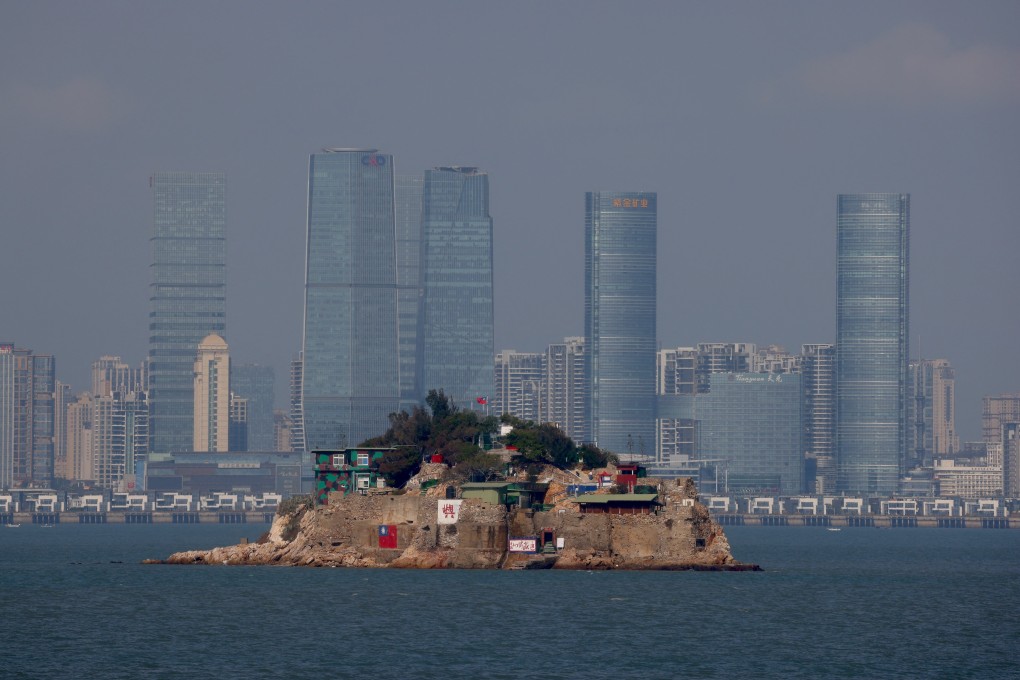Advertisement
Opinion | 3 reasons China will not forcibly reunify with Taiwan any time soon
- While Russia’s invasion of Ukraine has sparked fears of Taiwan suffering a similar fate, there are good reasons for Beijing not to reunify through force
- China’s global image problem, the need for external stability and a stated goal of peaceful reunification should put Zhongnanhai off any thought of invading
Reading Time:3 minutes
Why you can trust SCMP
24

If the leaders in Zhongnanhai have agreed on a list of top priorities for China this year, armed reunification with Taiwan is unlikely to appear on that list.
Advertisement
The war in Ukraine has raised speculation about an imminent Chinese invasion of Taiwan, which Beijing considers a renegade province. However, Beijing is not likely to make a move on the island any time soon because it is not in China’s strategic interest to do so.
Three reasons explain why. First, international opinion of China has become more negative.
A key geopolitical lesson that the war in Ukraine offers for China is that international opinion matters. Russia is seen as the aggressor and has lost the battle for international opinion and support. Its military operations in Ukraine are crippled by international isolation and economic sanctions.
Russia’s fate is not lost on the Chinese leadership. What worries Beijing more is that the country already faces a severe global image problem.
Advertisement
In recent years, China has come under fire for military intimidation, diplomatic suppression and undermining of international rules and norms, which have hurt its international standing. For example, a 2021 Pew Research survey showed that China was viewed negatively across 15 of the 17 advanced economies surveyed, including record highs in Canada, Germany, South Korea and the United States.

Advertisement
